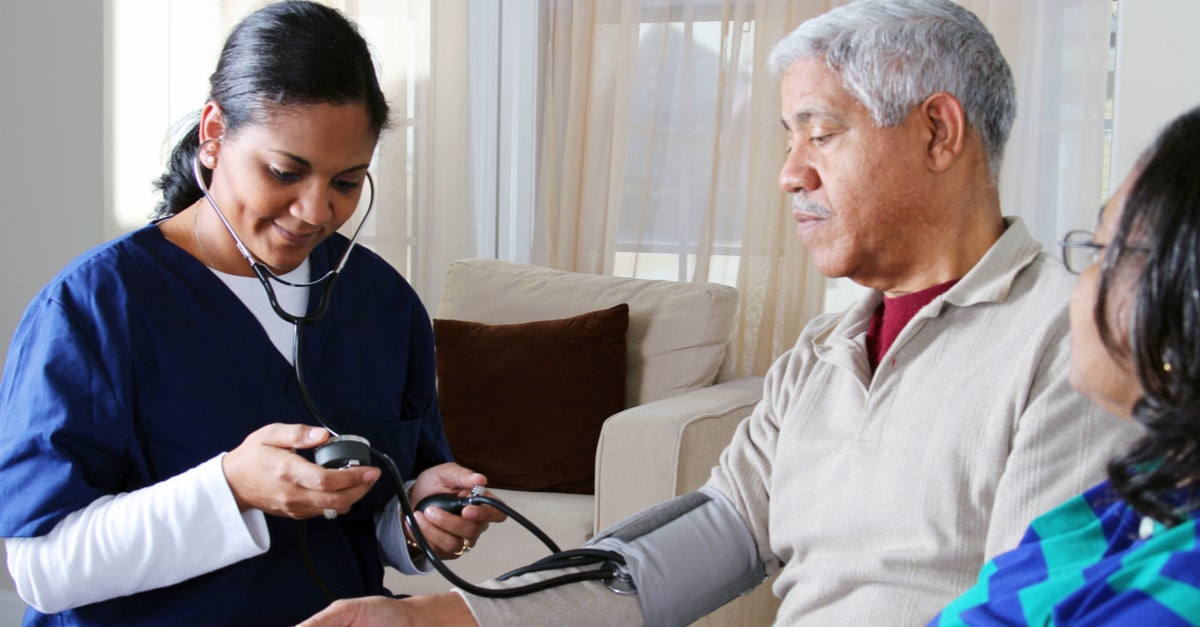Last week, we discussed some of the most prominent myths surrounding assisted living facilities and how they operate. According to the National Center for Health Statistics, there are almost 5 million patients making use of home care services, and there are many others who could benefit from home health care. Much like with assisted living facilities, there are some who may not be familiar with the operations of home care, and understanding the real benefits and risks of home health care would help them to make a more informed decision about whether it is right for them and their loved ones.
One of the most commonly-expressed concerns is that it is difficult to trust a stranger, particularly one who will be spending a great deal of time in their home. Many people are reluctant to allow a stranger into their home to care for them or their loved ones; they fear that the stranger may steal from them, damage their belongings, or even harm the patient. While there have unfortunately been rare cases of this happening, this is not typical or even common. There are over 12,000 home health care agencies in the United States, and working with a reputable agency will greatly improve the chance of finding caregivers who are professional, trustworthy, and understand their patients’ needs. A reputable agency will require caregivers to pass screenings and background checks and be licensed and insured, and it will also carefully analyze the patient’s needs to select the ideal caregiver.
Another common grievance about home health care is one that many also believe about assisted living: that it is only beneficial for senior citizens or patients with severe medical issues who are likely close to death. In both cases this is untrue; for home health care, there is no minimum requirement for service. Some caregivers simply provide assistance with hygiene, some provide companionship, and others provide more specialized nursing services (such as care for those with degenerative diseases, care for physically disabled or injured patients, and postoperative recuperation). Different providers specialize in different types of services, so research will allow potential clients to find the right fit.
One final concern is that home care is inherently inferior to facility treatment and that they will not receive the same level of care as they would in an assisted living facility or nursing home. While some use home care as a means of preparing someone for placement in a healthcare facility, home care is a perfectly acceptable standalone option for patients who can safely live at home but require some extra assistance. Reputable agencies require their caregivers to be licensed and trained before they can work with patients, and they cover a wide spectrum of treatments.
About Caitlin Morgan
These are just some loss prevention and risk management strategies that home health care agencies should have in place. Additionally, an end-to-end insurance solution that provides General Liability, Professional Liability, Workers’ Compensation, Employment Practices Liability, Crime, Cyber Liability, Non-Owned Auto, and other key coverages should be part of the organization’s program. Caitlin Morgan is a premier wholesaler providing insurance products for the home healthcare sector, which includes companies that provide healthcare services in patients’ private residences, assisted living or independent living facilities. For more information call us at (317) 575-4440.


